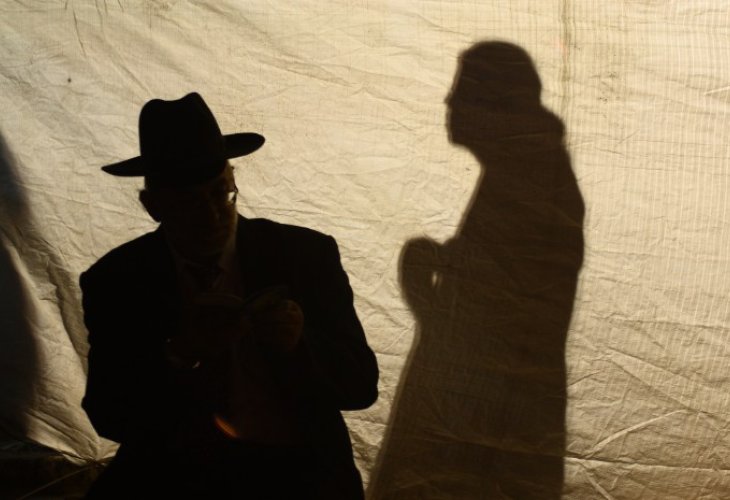Faith
Why the Oral Torah Remains Authentic: Proof It Was Never Altered
Exploring divine promises, historical continuity, and logical evidence that safeguard the Oral Torah across generations
- Daniel Blass
- |Updated

How do we know that the Oral Torah hasn’t changed over the generations? After all, isn’t it true that whenever people pass on information, it inevitably changes, even without anyone noticing? I met someone who argued exactly this as her reason for not observing it.
* * *
Shalom and blessings,
The Creator of the world sees all generations from the beginning. One who truly believes that the Torah was given by God already knows that the Torah was never changed or forgotten throughout the generations, because God Himself promised in His Torah: “For it shall not be forgotten from the mouth of his descendants” (Deuteronomy 31:21).
The prophets also promised: “As for Me, this is My covenant with them, says the Lord: My spirit that is upon you, and My words that I have placed in your mouth, shall not depart from your mouth, nor from the mouth of your descendants, nor from the mouth of your descendants’ descendants, said the Lord, from now and forever” (Isaiah 59:21). (Photo: shutterstock)
(Photo: shutterstock)
After 2,000 years of exile, Jews returned from every corner of the world with the same tefillin, the same tzitzit, the same Shabbat, the same Passover Seder, and so on. This proves that neither the Written Torah nor the Oral Torah was ever lost. That is why you will not find in the Talmud any debate about whether tefillin must be square or black, as these fundamentals were preserved identically. The disputes are only in the small details, like the many branches of a great and sturdy tree.
The idea of a “broken telephone” does not apply here. That phenomenon occurs only when a single chain of individuals transmits a message. When millions of people are transmitting the same Torah from generation to generation, it is not possible for it to be forgotten or altered. For example, if you put eleven people in one room and ask each to pass on the same message, even if one person errs, the other ten will correct him. The Torah’s transmission was carried by the Jewish people as a whole, not by isolated individuals.

